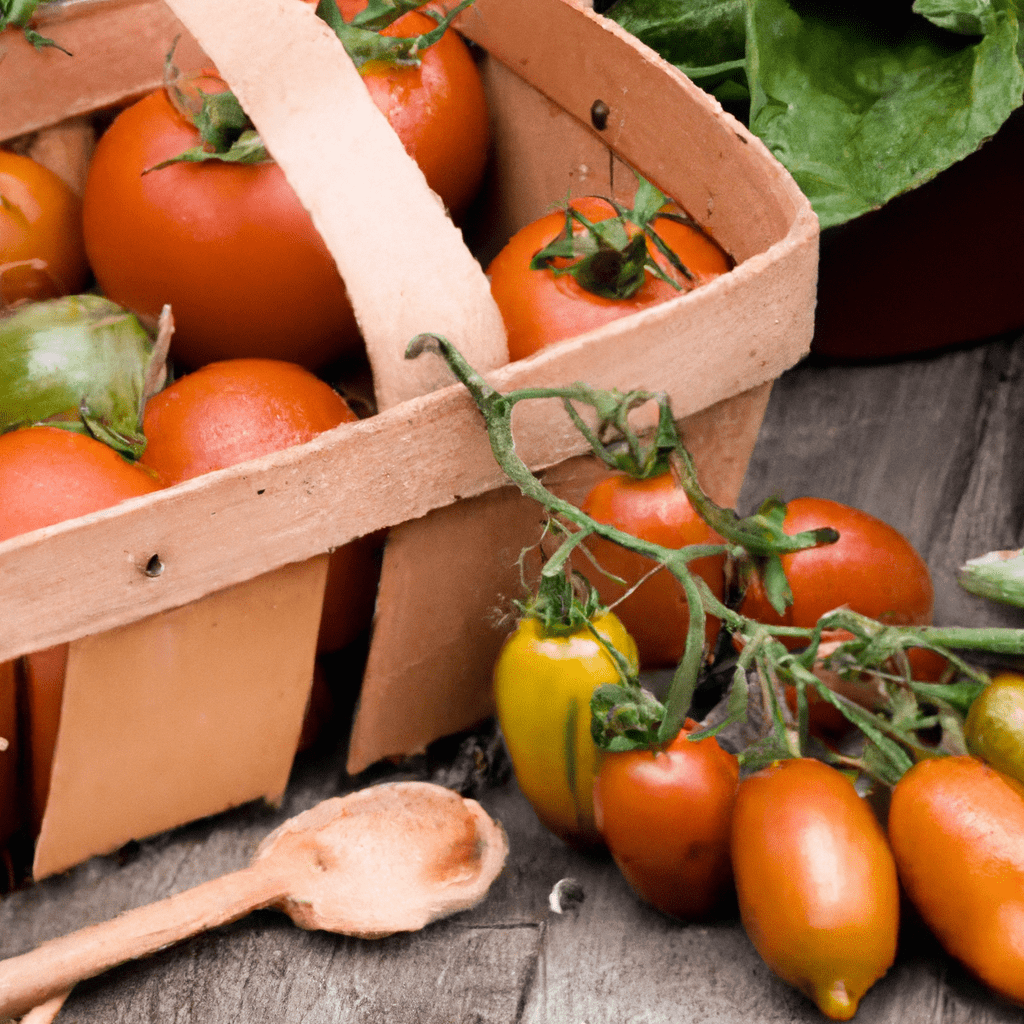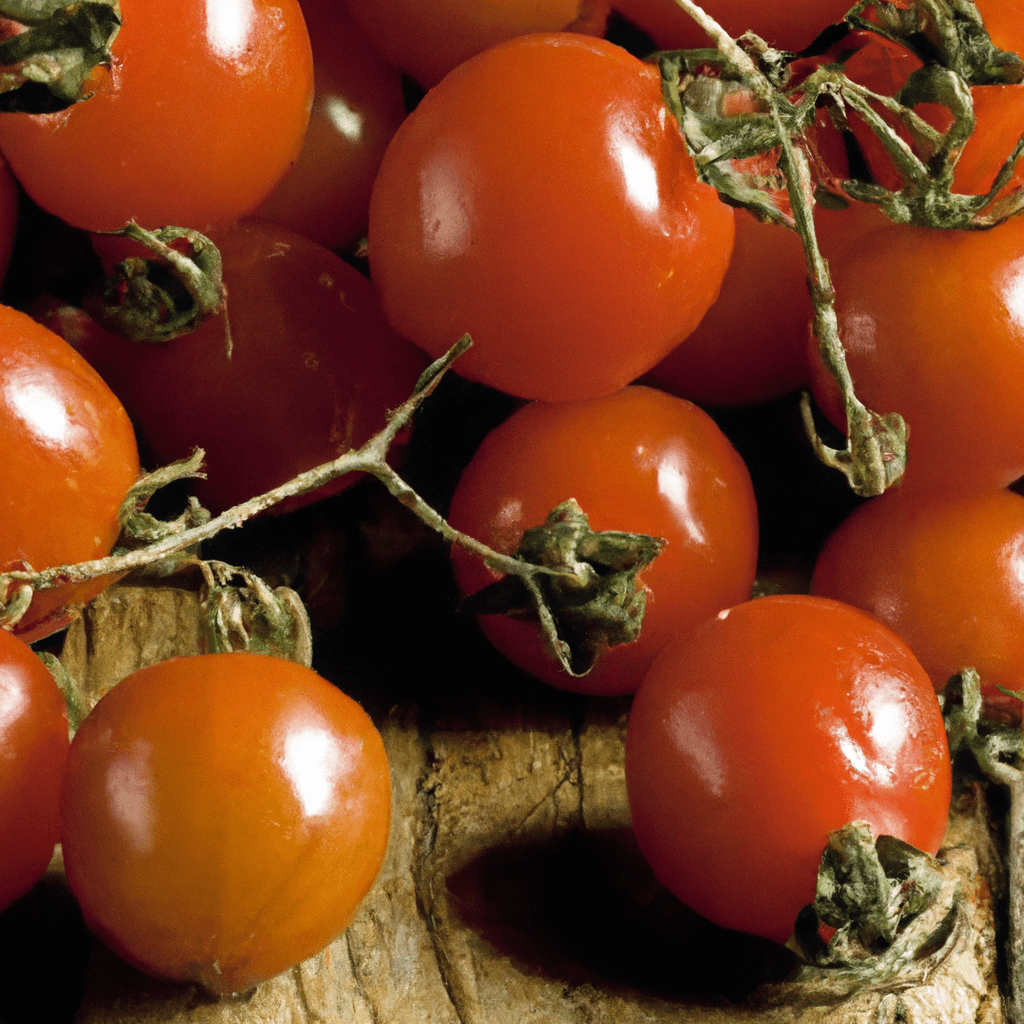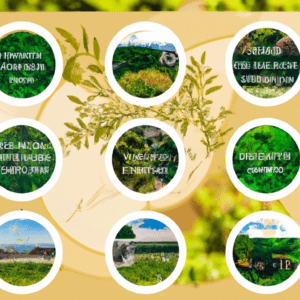Have you ever stopped to think about the journey that your food takes from the farm to your plate? It’s fascinating to learn about the process and understand the efforts being made to ensure that produce is sustainably sourced. Sustainable food choices have become increasingly important in recent years, and for good reason. In this article, we will explore the journey of sustainably sourced produce, shedding light on the steps taken to bring this food from farm to fork. So, grab a snack and get ready to embark on an insightful adventure into the world of sustenance!
The Importance of Sustainably Sourced Produce
Sustainably sourced produce plays a crucial role in ensuring a healthier and more environmentally friendly food system. By choosing products that have been grown and harvested in a sustainable manner, you can contribute to the overall well-being of the planet and prioritize your own health. This article will explore the environmental and health benefits of sustainably sourced produce and discuss the criteria that make produce sustainable. It will also delve into the journey of sustainably sourced produce, from sustainable farming methods to transportation and distribution, and the role of retailers and consumers in promoting sustainability.
Environmental Benefits
Sustainably sourced produce has numerous environmental benefits that help protect and preserve our planet. One of the key benefits is the reduction of chemical usage. Sustainable farming practices prioritize the use of natural fertilizers and pest control methods, minimizing the need for synthetic chemicals that can be harmful to the environment and human health. By choosing sustainably sourced produce, you support farming methods that prioritize organic practices, which contribute to healthier soil, cleaner waterways, and the preservation of ecosystems.
Another significant environmental benefit is water conservation. Sustainable farming techniques aim to minimize water usage by implementing practices such as drip irrigation and rainwater harvesting. This not only helps preserve our precious water resources but also reduces the strain on local water systems and minimizes the risk of water pollution from agricultural runoff.
Biodiversity preservation is another critical aspect of sustainably sourced produce. Sustainable farmers prioritize the creation of habitats to support a wide range of native species, including pollinators and beneficial insects. By preserving biodiversity, these farmers contribute to the overall health and resilience of ecosystems, support natural pest control, and ensure long-term sustainability in agricultural landscapes.
Health Benefits
Choosing sustainably sourced produce also brings several health benefits. Organic farming practices, which are an integral part of sustainable agriculture, emphasize the use of natural and organic fertilizers and pest control methods. This means that the produce you consume is likely to have lower levels of pesticide residues compared to conventionally grown crops. By choosing organic and sustainably sourced produce, you reduce your exposure to potentially harmful chemicals, promoting the health and well-being of you and your family.
Moreover, sustainably sourced produce tends to be fresher and more nutritious. Local and seasonal produce, which are commonly associated with sustainable farming practices, are harvested at their peak ripeness, ensuring higher nutrient content and better flavor. By supporting sustainable agriculture, you are not only taking care of the environment but also benefiting from the nutritional advantages of fresh and wholesome produce.
Criteria for Sustainably Sourced Produce
To ensure that the produce you choose is truly sustainably sourced, it is essential to consider specific criteria that define sustainable farming practices.
Organic Farming Practices
Organic farming practices are a fundamental aspect of sustainable agriculture. Certified organic produce is grown without the use of synthetic pesticides and fertilizers, genetically modified organisms (GMOs), and irradiation. Instead, organic farmers rely on natural, organic fertilizers and natural pest control methods. By choosing organic produce, you support farming methods that prioritize soil health, biodiversity, and sustainability.
Reduced Chemical Usage
Sustainable farming practices aim to minimize the use of chemicals to promote a healthier and more environmentally friendly food system. This includes reducing reliance on synthetic fertilizers, pesticides, and herbicides. By prioritizing natural and organic methods, sustainable farmers minimize the potential risks associated with chemical usage, protect soil health, and contribute to cleaner air and water.
Water Conservation
Water conservation is a critical criterion for sustainably sourced produce. Sustainable farmers implement various techniques to minimize water usage on their farms, such as drip irrigation, rainwater harvesting, and efficient watering schedules. By conserving water, these farmers help preserve this valuable resource and reduce the strain on local water systems.
Biodiversity Preservation
Preserving biodiversity is essential for sustainable agriculture. Sustainable farmers create habitats and implement practices that support a wide range of native species, including pollinators and beneficial insects. By prioritizing biodiversity preservation, these farmers promote natural pest control, enhance soil fertility, and maintain the overall health and resilience of ecosystems.
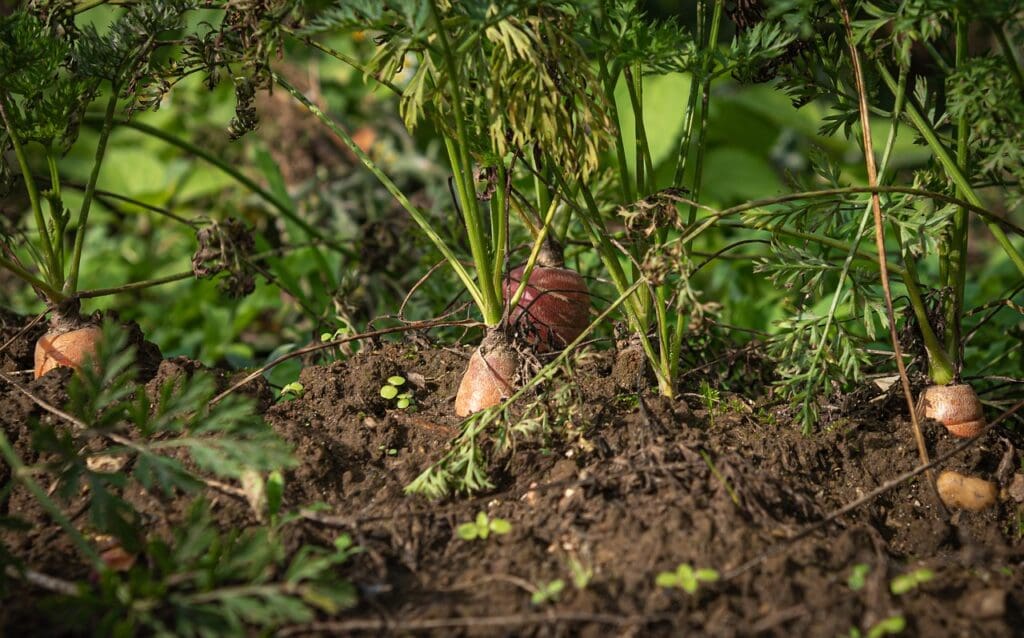

The Journey Begins: Sustainable Farming
Sustainable farming is the starting point for the journey of sustainably sourced produce. It involves choosing farming methods that prioritize environmental stewardship, soil health, and long-term sustainability.
Choosing Sustainable Farming Methods
Sustainable farmers consider the environmental impact of their farming practices and choose methods that minimize negative effects. This includes using natural fertilizers and pest control methods, practicing crop rotation, and preserving soil health. By choosing sustainable farming methods, farmers can produce high-quality, nutritious crops while minimizing harm to the environment.
Implementing Organic Farming Practices
Organic farming is a key component of sustainable agriculture. By implementing organic practices, such as using organic fertilizers and natural pest control methods, farmers can grow crops without relying on synthetic chemicals. This promotes soil health, preserves water quality, and supports biodiversity.
Promoting Biodiversity
Sustainable farmers understand the importance of biodiversity and actively promote it on their farms. They create habitats for native species, implement agroforestry practices, and preserve natural areas within their farming landscapes. By promoting biodiversity, farmers enhance natural pest control, improve soil fertility, and contribute to the overall resilience of their ecosystems.
Ensuring Soil Health
Soil health is crucial for sustainable farming. Sustainable farmers prioritize practices that enhance soil fertility, such as organic matter additions, cover cropping, and reduced tillage. By taking care of the soil, farmers contribute to the long-term sustainability of their farms, improve nutrient availability for plants, and reduce soil erosion.
Harvesting and Packaging Sustainably Sourced Produce
Harvesting and packaging sustainably sourced produce involves careful consideration of practices that minimize waste and maintain the quality and freshness of the produce.
Selecting Optimal Harvesting Techniques
Sustainable farmers ensure that produce is harvested at the peak of ripeness to maximize its nutritional value and flavor. They also consider the best techniques for each specific crop to minimize damage and reduce waste. By selecting optimal harvesting techniques, farmers can provide high-quality produce while minimizing post-harvest losses.
Minimizing Food Waste in the Packaging Process
Sustainable packaging practices aim to reduce food waste and minimize environmental impact. This includes using eco-friendly packaging materials, optimizing packaging sizes to reduce excess material, and implementing efficient storage and transportation practices. By minimizing food waste in the packaging process, farmers and suppliers can reduce the environmental footprint of the entire supply chain.


Transportation and Distribution of Sustainably Sourced Produce
Efficient transportation and distribution play a critical role in ensuring the sustainability of the journey from farmer to consumer.
Efficient Transportation Methods
Sustainable transportation methods prioritize efficiency and minimize emissions. This includes optimizing routes, using fuel-efficient vehicles, and implementing logistics systems that reduce unnecessary mileage. By choosing efficient transportation methods, the carbon footprint of the produce is minimized, contributing to a more sustainable food system.
Reducing Carbon Emissions
Transportation and distribution of sustainably sourced produce contribute to carbon emissions. Sustainable practices aim to minimize these emissions by prioritizing local sourcing, supporting regional supply chains, and implementing emission reduction strategies. By reducing carbon emissions in the transportation and distribution process, the overall environmental impact of the food system can be significantly reduced.
Supporting Local and Fair Trade
Sustainable transportation and distribution practices include supporting local and fair trade. This involves prioritizing locally sourced produce whenever possible, supporting small-scale farmers, and promoting fair wages and working conditions throughout the supply chain. By supporting local and fair trade, consumers contribute to a more sustainable and equitable food system.
Sustainable Supply Chains: From Farmer to Retailer
Ensuring a sustainable supply chain requires transparency, fair trade practices, and sustainable packaging solutions.
Ensuring Transparent and Fair Trade Practices
Sustainable supply chains prioritize transparency and fair trade practices. This involves ensuring that farmers receive fair prices for their products, promoting ethical working conditions, and providing opportunities for small-scale farmers to thrive. By ensuring transparent and fair trade practices, the sustainability of the entire supply chain can be enhanced.
Promoting Social Responsibility
Sustainable supply chains prioritize social responsibility throughout the journey from farmer to retailer. This includes supporting local communities, investing in education and training for farmers, and collaborating with stakeholders to address social and environmental challenges. By promoting social responsibility, sustainable supply chains contribute to the development and well-being of the communities involved.
Implementing Sustainable Packaging Solutions
Sustainable packaging solutions play a vital role in reducing the environmental impact of the supply chain. This involves using recyclable or compostable materials, minimizing packaging waste, and implementing innovative packaging designs that prioritize resource efficiency. By implementing sustainable packaging solutions, the environmental footprint of the supply chain can be significantly reduced.
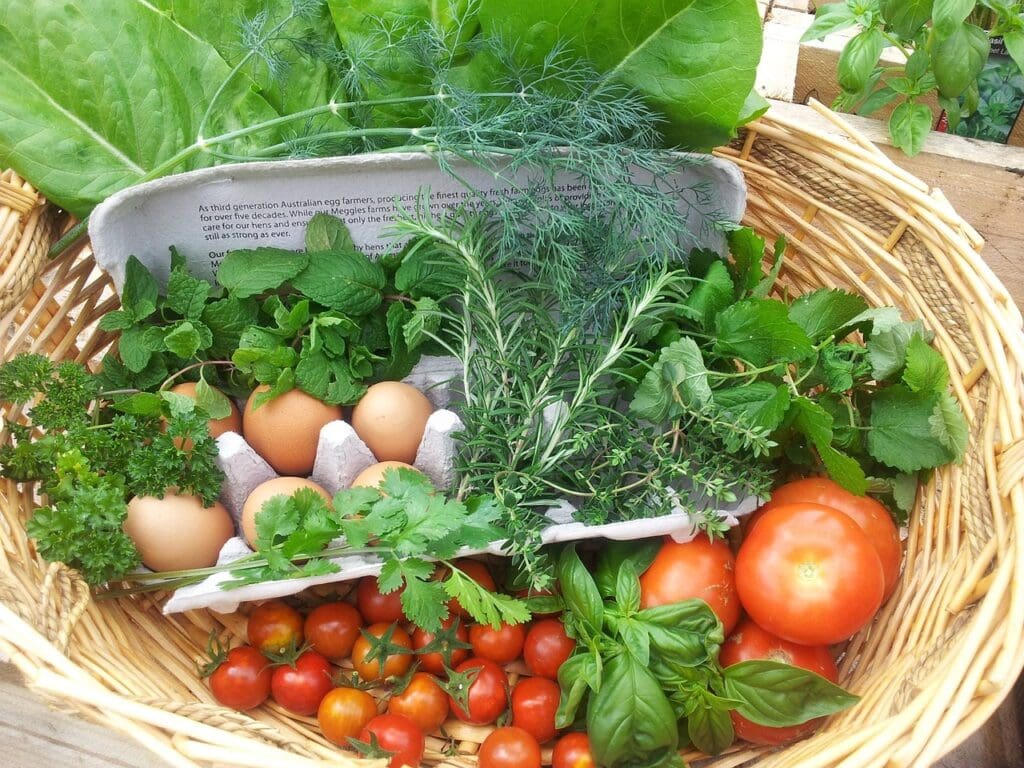

The Role of Retailers in Promoting Sustainably Sourced Produce
Retailers play a crucial role in promoting sustainably sourced produce and can make a significant impact on consumer choices and behavior.
Creating Sustainable Procurement Policies
Retailers can create sustainable procurement policies that prioritize sourcing sustainably produced and environmentally friendly products. By actively seeking out sustainably sourced produce, retailers can promote responsible farming practices and provide consumers with more sustainable choices.
Educating Consumers about Sustainable Choices
Retailers have the opportunity to educate consumers about the importance of sustainably sourced produce and provide information on how to make sustainable choices. By highlighting the environmental and health benefits and explaining various certifications and labeling schemes, retailers can empower consumers to make informed decisions and support sustainable agriculture.
Consumer Considerations when Choosing Sustainably Sourced Produce
As a consumer, there are several important factors to consider when choosing sustainably sourced produce.
Understanding Labels and Certifications
Understanding labels and certifications is crucial in identifying sustainably sourced produce. Look for certifications such as USDA Organic, Fair Trade, and Rainforest Alliance to ensure that the products meet specific sustainability standards. Familiarize yourself with different labels and certifications to make informed choices.
Supporting Local and Seasonal Produce
Supporting local and seasonal produce is a simple yet effective way to contribute to sustainable agriculture. Choosing produce that is grown locally reduces transportation emissions and supports local farmers. Additionally, selecting seasonal produce ensures that the food is fresher, more nutritious, and likely to have a lower environmental impact.
Reducing Food Waste at Home
One of the most significant ways consumers can contribute to sustainability is by reducing food waste at home. Plan your meals, store food properly, and repurpose leftovers to minimize waste. By making conscious choices to reduce food waste, you can maximize the value and environmental impact of sustainably sourced produce.
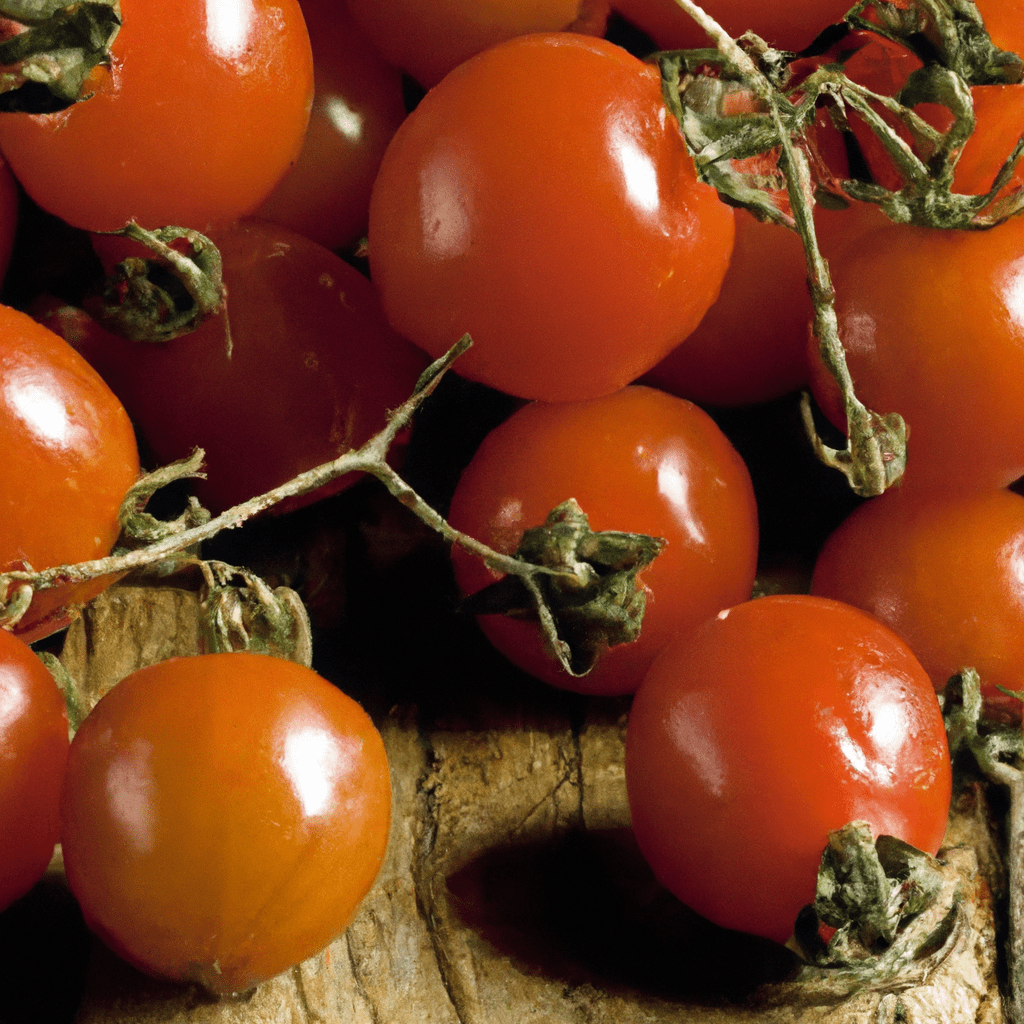

Challenges and Opportunities in Sustaining the Journey
While sustainable sourcing of produce brings numerous benefits, there are challenges that need to be addressed to ensure its long-term viability.
Economic Constraints
Implementing sustainable farming practices can be costlier for farmers. Higher production costs and potential price premiums for sustainably sourced produce can present economic challenges. Finding ways to support farmers financially and providing incentives for sustainable practices are vital to overcome these economic constraints.
Scaling Sustainable Farming Practices
Scaling sustainable farming practices is essential to meet the growing demand for sustainably sourced produce. This requires investments in research and technology, knowledge sharing among farmers, and collaboration between stakeholders to develop scalable solutions. Ensuring that sustainable farming practices are accessible to all farmers, regardless of their scale, is crucial for the widespread adoption of sustainability.
Changing Consumer Behavior
Promoting sustainable agriculture requires a shift in consumer behavior and preferences. Educating consumers about the benefits of sustainably sourced produce and addressing misconceptions or barriers they may have is essential. By empowering consumers with the knowledge and awareness to make sustainable choices, the demand for sustainably sourced produce can increase, creating a positive feedback loop that supports sustainability throughout the food system.
Conclusion
Sustainably sourced produce plays a vital role in ensuring a healthier and more sustainable food system. By prioritizing environmental stewardship, organic farming practices, reduced chemical usage, water conservation, and biodiversity preservation, sustainably sourced produce brings numerous benefits, both to the environment and our health. From sustainable farming methods to transportation and distribution, and the role of retailers and consumers, each step of the journey contributes to the overall sustainability of the food system. By understanding the criteria for sustainably sourced produce, making conscious choices, and supporting sustainable agriculture, we can all contribute to a more sustainable future.
